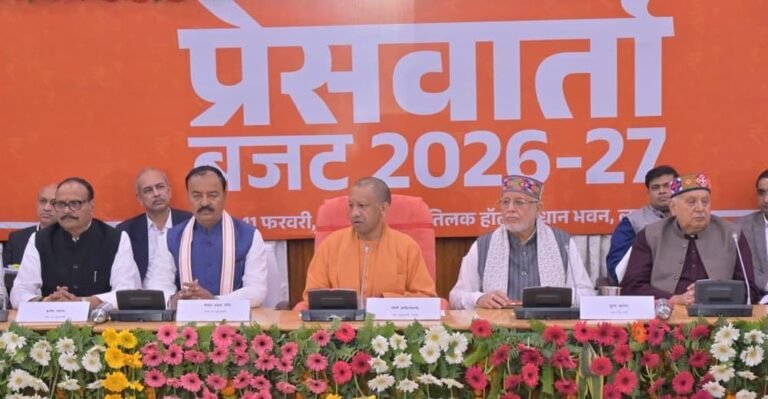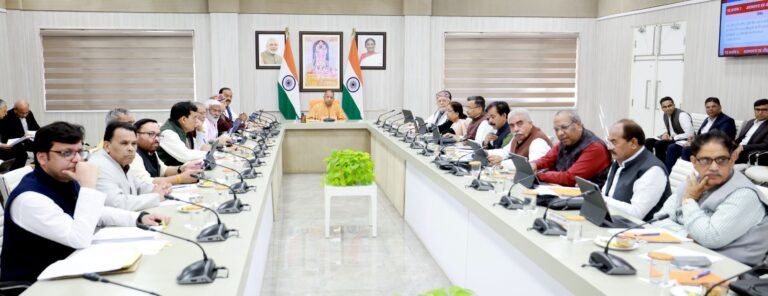
The term up excise generally refers to the Excise Department of Uttar Pradesh, which plays a major role in regulating the production, distribution, and taxation of liquor and other excisable goods in the state. This department is one of the biggest revenue contributors to the state government and helps ensure that trade in alcohol and related products happens in a controlled and lawful way.
The excise department is not just about revenue collection; it also ensures public safety, prevents illegal trade, and checks the misuse of excisable products. It is responsible for granting licenses to manufacturers, wholesalers, and retailers who want to be involved in the trade of liquor or other items that fall under excise laws.
Over the years, the excise policies in Uttar Pradesh have gone through several reforms to balance government earnings with public health concerns. This department also uses technology-based platforms to make licensing, monitoring, and tax collection easier. In short, up excise is an important part of both governance and the state economy.
Functions of up excise
The primary function of up excise is to regulate and monitor all excisable goods within the state. Alcohol production and distribution is the largest area of work, but it also includes items such as spirits and other controlled substances. Licensing is one of the most important functions—without proper approval, no person or company can manufacture, sell, or transport these goods.
Revenue collection is another major responsibility. Excise duty is a key source of income for Uttar Pradesh, and the department ensures that taxes are collected fairly and on time. Regular inspections are carried out to prevent smuggling, illegal distilleries, and other unlawful practices.
Another important function is consumer protection. By regulating the quality of products, the department prevents the circulation of harmful or unsafe liquor. This not only secures public health but also builds trust in the legal market.
The department also works in coordination with law enforcement agencies to keep a strict check on black marketing. It is a strong system that supports governance, economic growth, and public safety together.
Importance of up excise in the economy
Excise duty collected in Uttar Pradesh forms a large portion of the state’s revenue. This income is used to fund public welfare projects, infrastructure, education, and healthcare. In fact, excise revenue has consistently been one of the top contributors to the state budget.
The department also supports employment opportunities. Breweries, distilleries, wholesale traders, and retail shops provide jobs to thousands of people. This chain creates economic activity and helps in the livelihood of many families.
The control exercised by the department also ensures that the alcohol industry remains lawful and transparent. Without such a system, the state would face increased illegal trade, loss of revenue, and risks to public health.
The introduction of digital tools and online licensing systems has made the excise process more transparent and efficient. Citizens and businesses can now access services without lengthy paperwork, which promotes accountability and reduces corruption.
In short, up excise is not only a financial pillar for the state but also a system that maintains order and discipline in an industry that could otherwise become chaotic.
Licenses and categories under up excise
The excise department issues different types of licenses depending on the nature of the business. These include licenses for manufacturing units, wholesale distributors, retail vendors, bars, restaurants, and clubs. Each license type has specific rules, fees, and renewal processes.
For example, a retail vendor must apply for a shop license, while a hotel or bar must obtain permission to serve liquor to customers. Distilleries and breweries need higher-level licenses, which involve stricter inspections and compliance requirements.
The department also introduces policies for allotment of liquor shops through lotteries and tenders. This ensures fair distribution and prevents monopoly. The rules for pricing and sale are also closely regulated so that consumers get products at standard rates.
Below is a quick table showing some of the major license categories:
| License Type | Purpose | Example Holders |
|---|---|---|
| Manufacturing | For producing liquor or spirits | Distilleries, Breweries |
| Wholesale | For bulk distribution to retailers | Distributors |
| Retail | For selling liquor to end consumers | Liquor Shops |
| Hotel/Bar/Club | For serving liquor on premises | Restaurants, Bars |
This structured system ensures that only authorized businesses can operate and that all of them follow proper standards.
Challenges and reforms in up excise
Despite being a strong department, up excise also faces challenges. One of the biggest issues is curbing illegal liquor, which not only harms state revenue but also risks lives. Reports of spurious liquor incidents highlight the need for strict monitoring.
Another challenge is balancing revenue collection with public health. While liquor sales contribute significantly to the budget, the government also has a responsibility to prevent over-consumption and its social effects. This requires policies that are practical and people-friendly.
Reforms in recent years have focused on using digital platforms to make the system more transparent. Online applications for licenses, e-payments of excise duty, and real-time tracking of stock movement are examples of these improvements.
The department is also working on spreading awareness among citizens about the dangers of illegal liquor. By combining regulation, technology, and public cooperation, up excise continues to strengthen its role in governance and safety.
FAQs
Q1: What is up excise mainly responsible for?
It regulates, licenses, and monitors the production, sale, and taxation of liquor and other excisable goods in Uttar Pradesh.
Q2: Why is up excise important for the state economy?
It generates a large share of revenue for Uttar Pradesh, which funds development and welfare projects.
Q3: Can individuals apply for an excise license online?
Yes, many services including license applications and renewals are now available through online systems.
Q4: What challenges does the excise department face?
Illegal liquor trade, public health concerns, and ensuring transparency in licensing are the major challenges.
Q5: How does up excise prevent illegal practices?
Through inspections, digital monitoring, coordination with police, and strict action against offenders.



